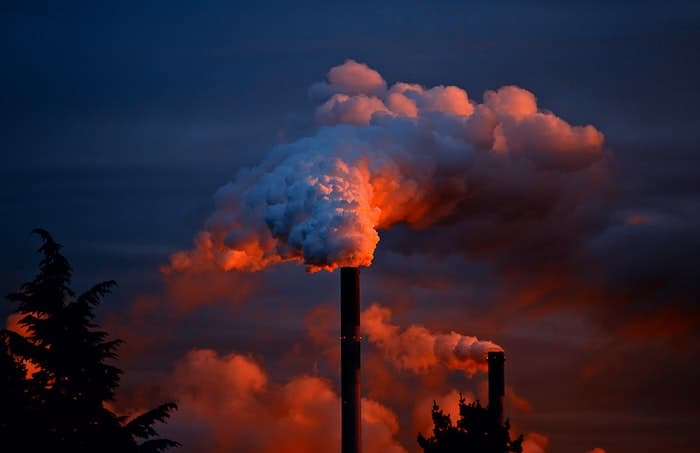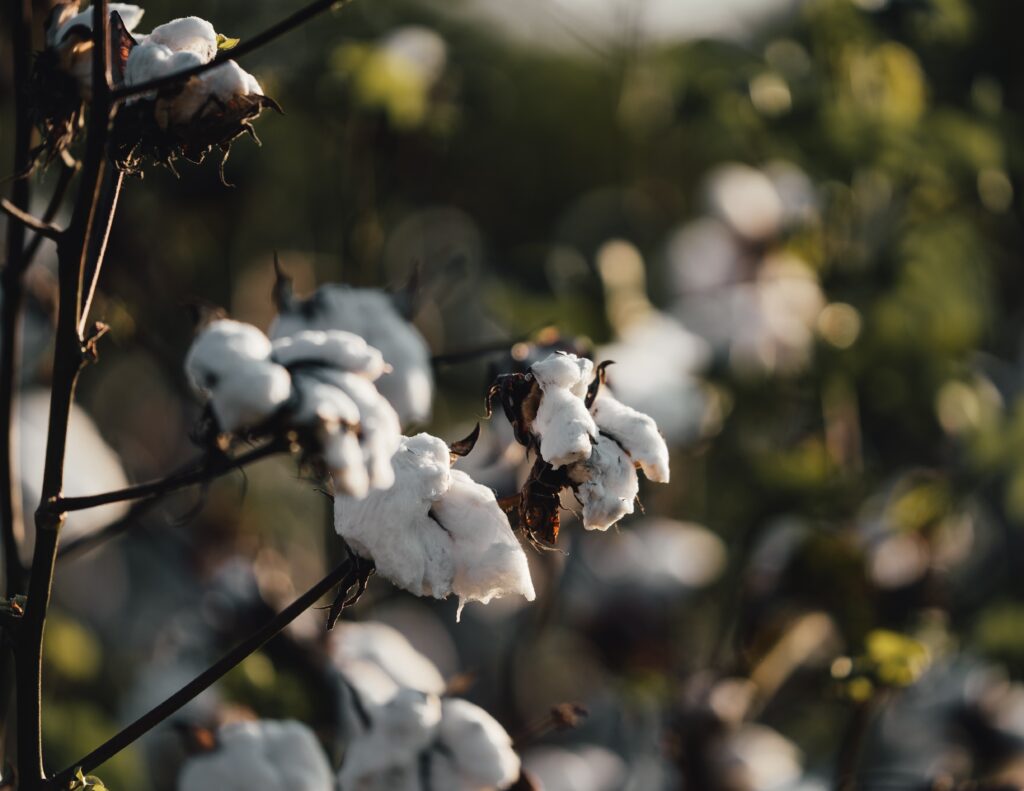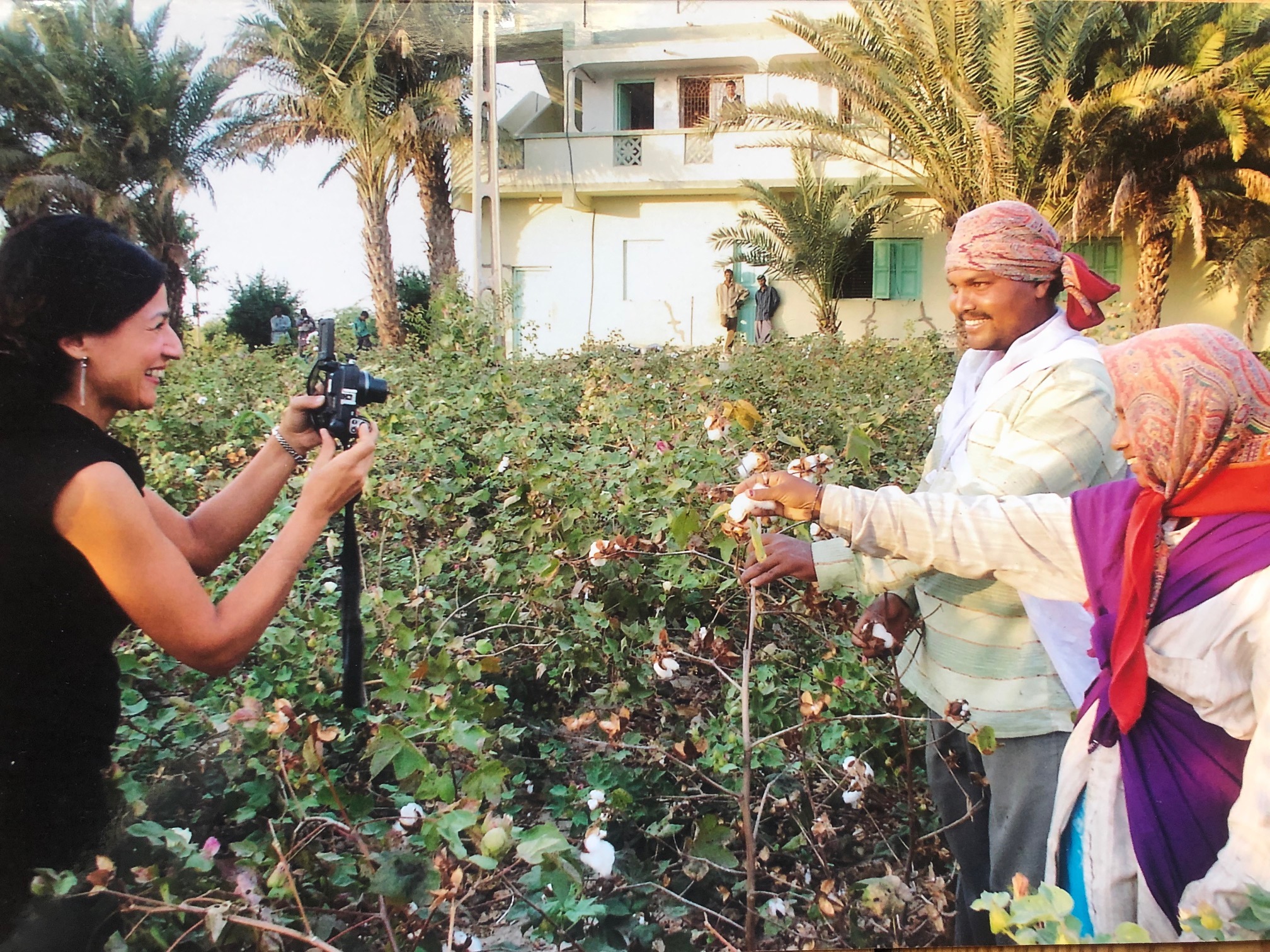Consumption can be reduced through the circular economy one aspect of which is recycling clothing and footwear. For this to happen, we need to design using fewer materials and blends. (See 4 – Circular Economy).
Adopting better buying practices and / or buying organic and regenerative certified fibres and fabrics are a good place. Don’t forget to check how farmers and worker’s rights, pay and working conditions are protected.
Just like the food industry, fashion isn’t far behind when it comes to promoting regenerative agriculture. The North Face, Burberry, Timberland, Patagonia, Stella McCartney and Eileen Fisher have all invested in regenerative agriculture. The Kering luxury group was co-founder of the Regenerative Fund for Nature aimed at adopting regenerative practices across one million hectares of crop and rangelands.
The brand Chloe is aiming to achieve 50% of production of low-impact materials in 2021. Its target is 90% low impact materials by 2025.
If you’re a buyer in the US, take a look at Patagonia’s Organic certification here.
Fibreshed is a great resource. A non-profit, global organisation focused develops equity-focused on regional and land regenerating natural fibre and dye systems. Its work expands opportunities to implement climate beneficial agriculture, rebuild regional manufacturing, and connect end-users to the source of our fibre through direct educational offerings. It is transforming the economic and ecological systems that clothe us to generate equitable and climate change ameliorating textile cultures.
The EU strategy for sustainable textiles (EU strategy for sustainable textiles (europa.eu)) is intended to help the EU shift to a climate-neutral, circular economy where products are designed to be more durable, reusable, repairable, recyclable and energy-efficient. To find out more about sourcing sustainably and responsibly produced materials go to The Sustainable Angle’s 10th Future Fabrics Expo on 28-29 June 2022.
The Sustainable Apparel Coalition’s (SAC) Higg Index is an industry self assessment standard relating to environmental and social sustainability throughout the supply chain. In response to concerns raised by the Norwegian Consumer Authority, the SAC is pausing the consumer-facing transparency program globally. SAC is undertaking an independent, third party review of the Higg Material Sustainability Index (MSI) and improve quality and accessibility of data.







